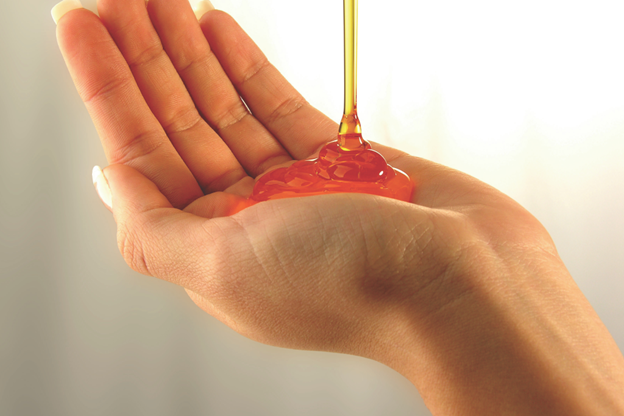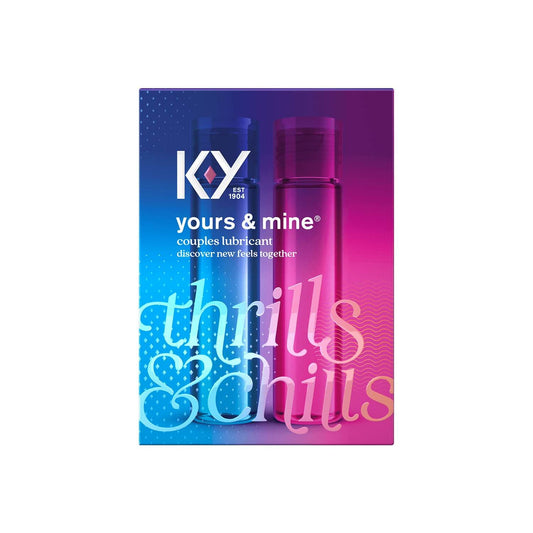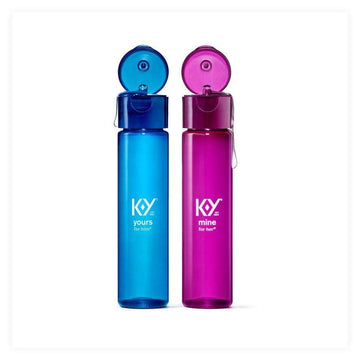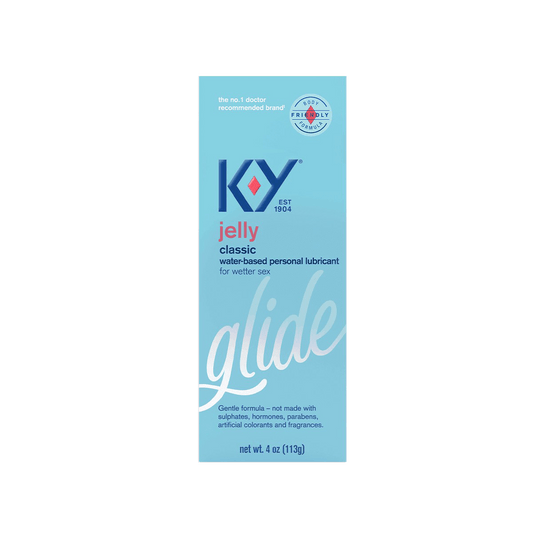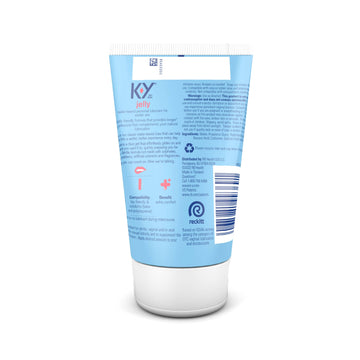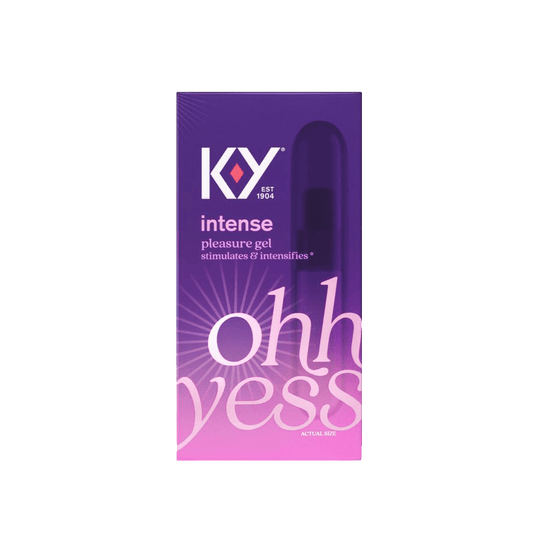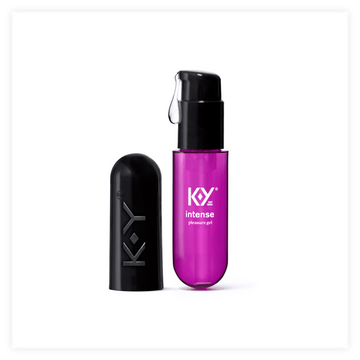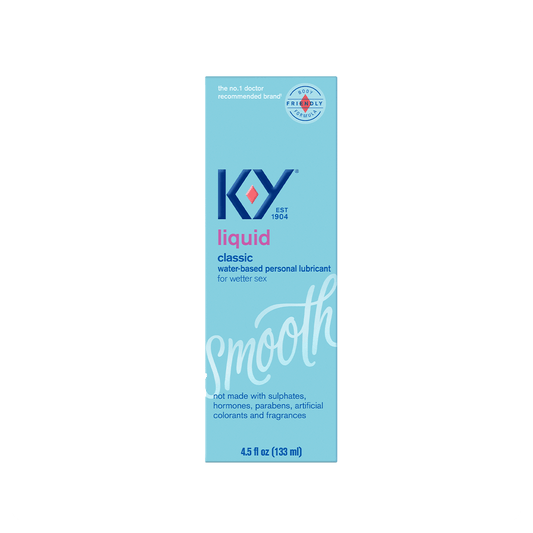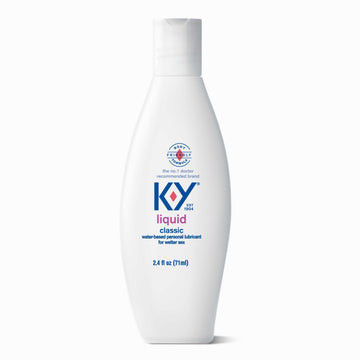What to Consider When Choosing a Personal Lubricant
Lubrication is essential for a comfortable and enjoyable sexual experience. It can help reduce friction, increase sensitivity, and prevent tears and irritation.
A lack of natural lubrication can make sex uncomfortable, and can even lead to pain or injury. When there isn’t enough natural lubrication, it may be time to use personal lubricant during your intimate moments.
Personal lubricants are a great way to enhance your sexual experience. However, many people are still unsure about which type of lubricant is going to be the best fit for their intimate experiences. In this article, we will take a look at the different types of lubricants available and help you determine which lubrication is the best fit for you.
Start with Reviewing the Ingredients
You probably scrutinize the labels of the food you eat, study the substances in your home cleaning products, and even double-check the ingredients of the makeup you wear. You should understand everything you put in — or on — your body. Personal lubricants are no exception.
Allergies and Irritants
Lubricants may contain a variety of ingredients, including glycerin, propylene glycol, parabens, and petroleum jelly. These ingredients may cause irritation or allergic reactions in some people1. It is recommended that you always do a patch test before using lubes on your intimate areas to see how you react and see if it’s safe to use them for their intended purpose.
Some individuals may still experience an adverse skin reaction to certain products. If you don’t do a patch test and you experience itching or burning after application, stop using it and talk to your health care professional.
Glycerin and Yeast in Personal Lubricants
If you're prone to yeast infections, there's one ingredient that's typically found in many water-based personal lubricants that you'll want to avoid. Glycerin is the ingredient that provides some of the lubrication that couples enjoy, but since it’s a sugar, the yeast fungus may be able to break it down2. Not to worry though because some lubricants are not made with glycerin, such as K-Y® UltraGel®.
Lube Helps Reduce Friction
Lubricants help reduce friction by providing moisture. If you lack natural lubrication – it’s completely normal and most women do, sooner or later – lubricants are there to help ease you into physical and emotional intimacy. Too much friction can also lead to vaginal infections3, and if you're using condoms, increase the chance of breakage. Therefore, less friction can mean better overall sexual health as well as a more pleasurable and passionate experience.

Different Lube Types
There are three types of lubricants: water-based, silicone-based, and oil-based. Choosing the right one depends on your individual needs and preferences.
Water-Based Lubricants
Water-based lubricants are the most common type of lubricant. They are generally easy to clean up and typically do not stain fabric. They’re also compatible with most condoms and sex toys. However, they need to be reapplied often.
K-Y® offers many water-based lubricants, but K-Y® Jelly Water-Based Personal Lubricant is an excellent choice. This Body Friendly Formula is not made with sulfates, hormones, parabens, artificial colorants, and fragrances, making it a great choice for you and your partner.
Silicone-Based Lubricants
Silicone-based lubricants are long-lasting and do not need to be reapplied as often as water-based lubricants. However, they are not compatible with silicone sex toys.
You can feel confident choosing a lube like K-Y® True Feel Silicone Based Lube. This formula is not made with fragrance, hormones, parabens, or glycerin, making it a generally safe formula of lubricant. It offers a natural silky feel both partners will enjoy.
Oil-Based Lubricants
Oil-based lubricants are long-lasting and provide excellent lubrication. They are also compatible with most sex toys. It’s worth bearing in mind, however, that oil-based lubricants can cause irritation.
Lubricant FAQs
Is lube safe to use during sex?
Yes, lubrication is safe to use during sex. It can help reduce friction, increase sensitivity, and prevent tears and irritation. Please review all labeling to ensure it’s safe for you and the condoms you are using.
What are the different types of lubricants?
There are three main types of lubricants: water-based, silicone-based, and oil-based.
Can lubricants cause irritation or allergic reactions?
Some people may experience irritation or allergic reactions to certain ingredients. It is important to review lubricant ingredients if you are sensitive or prone to allergies. You can also conduct patch tests before use.
Can oil-based lubricants be used with condoms?
Read directions on your lubricant to ensure condom compatibility.


